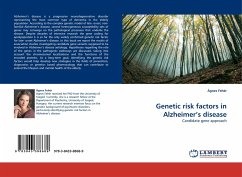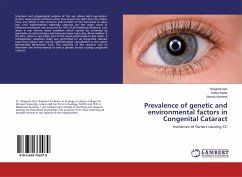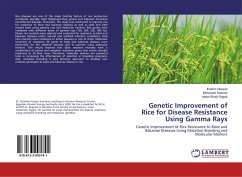Alzheimer's disease is a progressive neurodegenerative disorder representing the most common type of dementia in the elderly population. According to the complex genetic model of late- onset, non-familial Alzheimer's disease, several heterogeneous susceptibility sets of genes may converge on the pathological processes that underlie the disease. Despite decades of intensive research the gene coding for apolipoprotein E is so far the only widely confirmed genetic risk factor for late- onset Alzheimer's disease. In this book we report the results of association studies investigating candidate gene variants supposed to be involved in Alzheimer's disease aetiology. Hypotheses regarding the role of the genes in the pathogenic pathways are discussed, taking into account the chromosomal localizations and the functions of the encoded proteins. As a long-term goal, identifying the genetic risk factors would help develop new strategies in the fields of prevention, diagnostics or genetics based pharmacology that can contribute to extend the lifespan and mental health of the elderly.
Bitte wählen Sie Ihr Anliegen aus.
Rechnungen
Retourenschein anfordern
Bestellstatus
Storno








